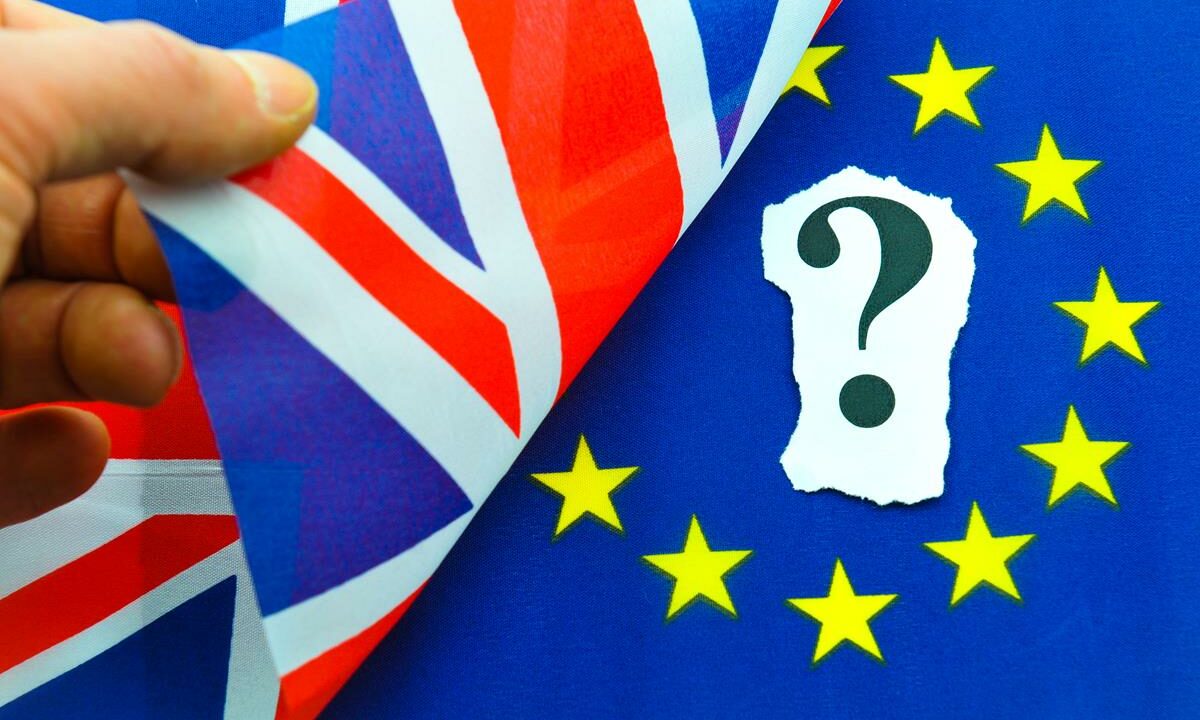The introduction of Tariff Rate Quotas (TRQs) could be one way by which Irish food companies could secure tariff-free access to the UK in a post-Brexit scenario, according to Michael Haverty, senior agricultural economist with the UK-based Andersons Farm Business Consultants.
Measures of this nature are already in place, allowing New Zealand to export 228,000t of lamb into the EU on an annual basis.
“The reality is that a hard Brexit deal could lead to the introduction of extremely high WTO tariffs on trade between the UK and Ireland, if no satisfactory Brexit arrangements are arrived at by the end of March 2019,” he explained.
In a TRQ, the quota component works together with a specified tariff level to provide the desired degree of import protection. However, Haverty believes that tariff levels could be set to more or less zero when it comes to settling future trade arrangements between Ireland and the UK.
Haverty said that formal Brexit negotiations must be completed within 24 months of the UK triggering Article 50 of the Lisbon Treaty.
“On the basis of the commitments given by Theresa May, this means that a March 2019 deadline for the completion of the Brexit talks will follow. If no agreement is reached between London and Brussels by that stage, then all ties will automatically be cut between the UK and the European Union.”
Haverty believes that both the UK and EU-27 want to agree a free-trade agreement post-Brexit.
“But that could take a long number of years to complete. In the case of the trade deal between Canada and the EU, it took seven years to finalise that arrangement.
“So time constraints alone may necessitate London and Brussels agreeing an interim trade arrangement in the run-up to March 2019. It is also quite likely that trade issues will only come towards the end of the negotiating process. Priority will be given initially to sorting out the logistics of the actual exit process, which the UK will have to follow.”

